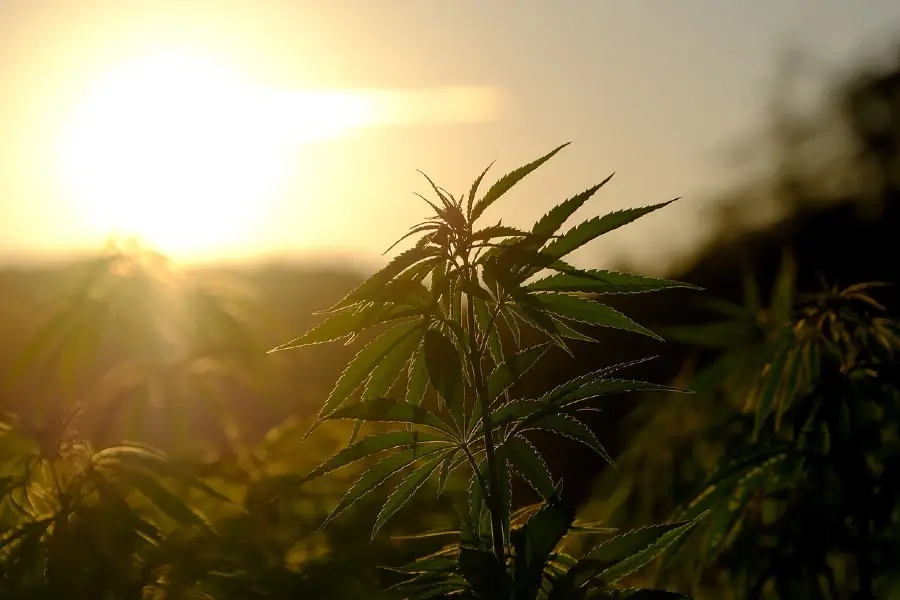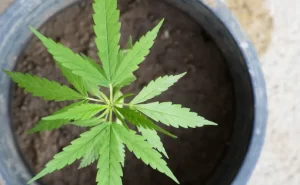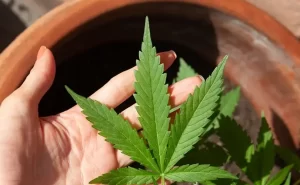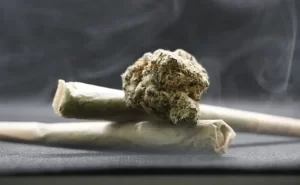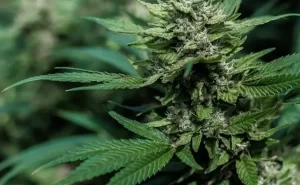Hemp-Based Cannabinoid Uses
The cannabis industry’s growth is outpacing state legislatures’ ability to regulate it effectively. Hemp-derived cannabinoid products with high THC levels are available for purchase across the country, and an alarming number of these items are being sold to young people. There has been heated debate in state legislatures about the best way to address the public health, safety, and child access concerns raised by these goods’ recent surge in sales.
Drink concentrates (to be mixed with water or alcohol, such as vodka), gummies, chocolates, cookies, and beverages are just a few of the many products labeled “hemp-infused.” These products contain psychoactive cannabinoids derived from hemp. Typically, these products are marketed to children and feature appealing flavors, memorable names, and colorful packaging. Claims such as “Try this; it’s just like candy!” are used to attract young people.
Intoxication cannabinoid products made from hemp are not safe despite their popularity.
Furthermore, they frequently contain a mix of THC isomers, with some being more potent than others at the same dose. As a result, people are beginning to experience the “skunk effect,” a solid but unpleasant high that can last for hours. Dependency and addiction are more likely to develop as a result of these types of effects in young people than in adults.
These forms of intoxication cannabinoid products made from hemp are not safe despite their popularity. Seizures, disorientation, hallucinations, vertigo, tremors, and vomiting are some of the adverse medical effects that result in frequent calls to poison control centers across the nation. These side effects are primarily caused by the Delta-8 THC found in these products. This type of THC is not covered by the 2018 Farm Bill’s definition of hemp and thus cannot be sold in regulated markets.
Cannabinoids produced by hemp have been linked to the death of some pets.
In addition to their intoxicating effects, ingesting these products can cause serious injury to pets. According to the Food and Drug Administration (FDA), there have been reports of adverse medical outcomes in dogs and cats whose owners administered hemp-derived cannabinoids. Cannabinoids produced by hemp have been linked to the death of some pets.
In response to these concerns, an increasing number of states are enacting legislation making it illegal to possess or use goods containing intoxicating cannabinoids derived from hemp, with Michigan leading the way in 2021. This strategy has created a perplexing and inconsistent legal landscape for consumers, businesses, and law enforcement.
Vicente Sederberg LLP monitors and reports on the ever-changing legal situation surrounding intoxicating hemp and cannabinoid products. These newsletters do not provide legal or tax advice; they are only intended to be informative. It is recommended that you consult with an attorney for personalized advice.
